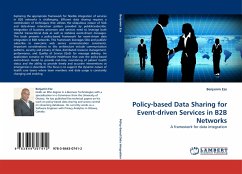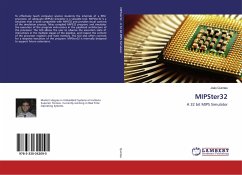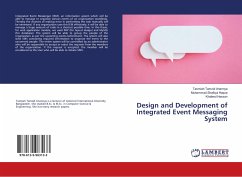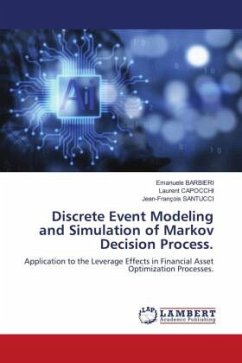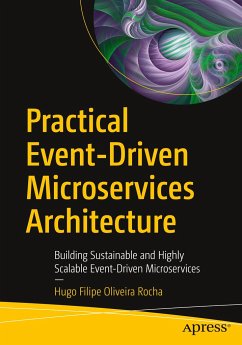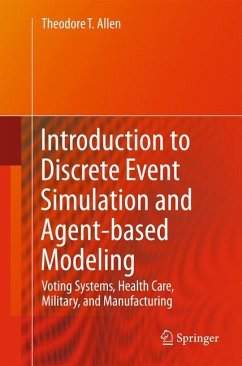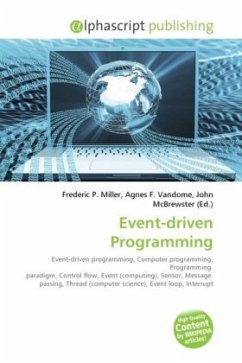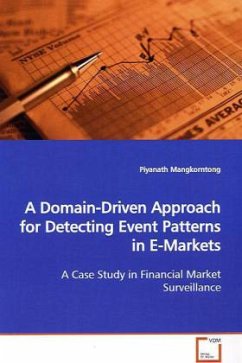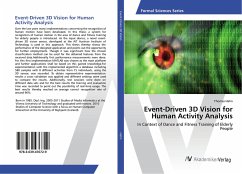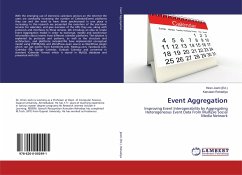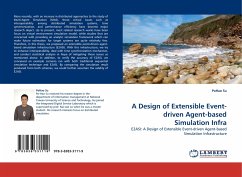
A Design of Extensible Event-driven Agent-based Simulation Infra
E2ASI: A Design of Extensible Event-driven Agent-based Simulation Infrastructure
Versandkostenfrei!
Versandfertig in 6-10 Tagen
32,99 €
inkl. MwSt.

PAYBACK Punkte
16 °P sammeln!
More recently, with an increase in distributed approaches to the study of Multi-Agent Simulation (MAS), those critical issues such as interoperability among distributed simulation systems, time synchronization, and performance efficiency have become major research object. Up to present, most related research works have been focus on virtual environment simulation model, while studies that are concerned with providing an analytic simulation framework which can make future estimation for target systems are quite relatively few. Therefore, in this thesis, we proposed an extensible event-driven ag...
More recently, with an increase in distributed approaches to the study of Multi-Agent Simulation (MAS), those critical issues such as interoperability among distributed simulation systems, time synchronization, and performance efficiency have become major research object. Up to present, most related research works have been focus on virtual environment simulation model, while studies that are concerned with providing an analytic simulation framework which can make future estimation for target systems are quite relatively few. Therefore, in this thesis, we proposed an extensible event-driven agent-based simulation infrastructure (E2ASI). With this infrastructure, we try to enhance interoperability, deal with time synchronization mechanism, and conduct statistical analysis in hope of mitigating those issues as mentioned above. In addition, to verify the accuracy of E2ASI, we conceived an example scenario ran with both traditional sequential simulation technique and E2ASI. By comparing the simulation result produced from both schemes, we could further ascertain the validity of E2ASI.



